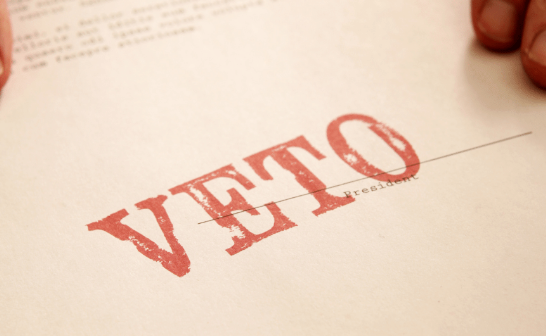From the moment the Republicans took over the House, it was clear that this summer’s debate would be over raising the debt ceiling. That’s how much the Treasury may borrow to cover the bills that have already been passed by lawmakers. The government will hit that cap in June, the agency has warned.
The Republicans are seeking major cutbacks in government spending before agreeing to increase the debt ceiling. Just such a law was just passed by the House. The White House, however, has made it quite apparent that the president will not be signing the document.
House Passes Bill
The GOP’s Limit, Save, and Grow Act of 2023 to increase the debt ceiling passed the House by a razor-thin margin on April 26. The bill, which passed with a 217-215 vote, would extend the debt ceiling until next year. In return, spending growth by the federal government would be capped at 1% each year for the following decade.
Almost 14% of spending would be reduced, and many of President Joe Biden’s victories from the previous year would be nullified. The Republican deal would boost fossil fuel output, wipe back elements of the bipartisan Inflation Reduction Act, and impose additional work requirements for those receiving SNAP (food stamp) and Medicaid benefits. It would revoke part of the money allocated to the IRS to enhance operations and return some of the monies set aside for the epidemic.
House Speaker Kevin McCarthy (R-CA) was quoted by NBC News as saying, “the debt ceiling […] Democrats have not been raised.” His party bloc may have approved the measure, but it has little chance of passing the Senate. And now we have threats from the White House.
The White House
The Biden administration has made it clear that it would not engage with House Republicans as long as the threat of default remains. OMB Director Shalanda Young said earlier this month on CBS News that the White House prefers a “clean bill” to be enacted before they begin negotiations.
As House Speaker McCarthy unveiled the GOP bill to raise the debt ceiling Wednesday, @MajorCBS asked the Biden White House's top debt ceiling negotiator, OMB Dir. Shalanda Young, about several points in McCarthy's plan— including returning discretionary spending to "2022 levels." pic.twitter.com/oSsqT2FrFn
— CBS News (@CBSNews) April 19, 2023
On Tuesday, April 25, CBS News reported the OMB called the GOP bill a “reckless attempt to extract extreme concessions as a condition” to pay the bills the US already owes. It went further, saying the legislation would result in widespread job loss, a possible default, recession, and higher interest rates. They called it “devastating” to the middle class and American workers. For that reason, President Biden would veto it if it ever made it to his desk.













